Should You Buy Coca-Cola or PepsiCo Stock?
Company Overviews
Coca-Cola and PepsiCo are the two largest beverage companies in America, and each have decades of impressive performance. Coca-Cola is an American beverage company that was founded in 1892, but traces its roots to Atlanta, Georgia in 1886. Dr. John Stith Pemberton, a pharmacist, formulated a new beverage that he sold at Jacobs’ Pharmacy for 5 cents per glass, immediately gaining popularity, and paving the way for the company as we know it today.
PepsiCo (the modern name for the company formed from the merger of the Pepsi Cola Company and FritoLay Inc. in 1965) can trace its history all the way back to 1893. Caleb Bradham, a North Carolina pharmacist, began experimenting with soft drink formulations he sold in his drugstore soda fountain. In 1898, his formulation for “Brad’s Drink” picked up popularity, and was renamed to Pepsi Cola.
They are similar in many ways, but there are certainly key differences between them which begs the question. Which company is a better buy, Coca-Cola or PepsiCo?
Financial Performance
Both Coca-Cola and PepsiCo have strong histories of impressive financial performances, and in recent years it has been little different. In Q1, Coca-Cola reported revenue of $11.3 billion, an increase of 3% compared to last year. This falls in line with Coca-Cola increasing their revenue every year since 2020, with several years of more than 10% revenue growth. This is positive, as Coca-Cola aims to surpass their previous record for revenue.
PepsiCo, with a similar record of impressive performance, increased Q1 revenue by 2.3%, to reach quarterly revenue of $18.25 billion. This, along with increasing revenue every year since 2016 shows the recent success as well as the track record for continuing to increase their revenue year after year.
Stock Performance Comparisons
Over the past 6 months, Coca-Cola has shown positive growth, increasing to $65.21. This is the highest over the past 6 months, and is actually the highest since 2022. A formula I often use for determining if a stock is overvalued is GuruFocus’ intrinsic value formula. This determines if a company is over or undervalued based on their free cash flow. GuruFocus places an intrinsic value of $27.70 which does indicate there is the possibility of the stock being overvalued. But, the current price is actually in line with Coca-Cola’s price-to-projected-FCF range over the past several years, so it is currently not a significantly better or worse buy than it has been in recent times,
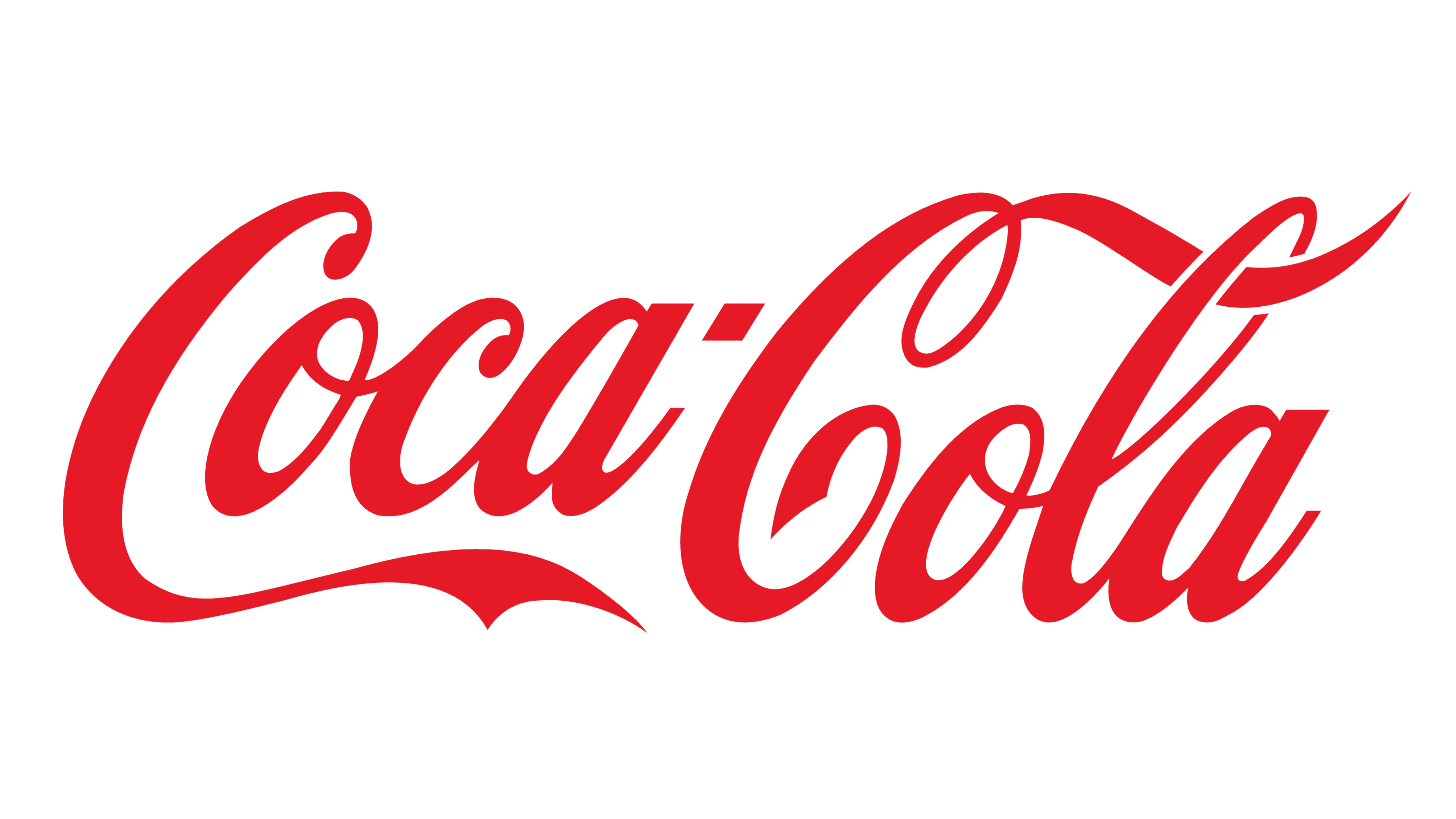
PepsiCo is a very similar story. With a current trading price of $169.36, it does far outstrip the intrinsic value of $62.64. This is not a concern, as it is also very similar in terms of the price-to-projected-FCF as it has been, very similar to that of Coca-Cola. The biggest concern for PepsiCo is their recent stock performance.
Over the past year, PepsiCo has struggled to gain any significant momentum, and is in fact worse off than it was when the year started. Just one year ago, PepsiCo was trading at nearly $190 per share, and reached all-time highs in May of last year. Why with such strong revenue trends is PepsiCo struggling to improve their performance? Part of these struggles can be attributed to the dividend of PepsiCo, but other economic factors as well as the company trading at nearly their highest valuation in their history are also hindering their performance.
Speaking of dividends, this is really where the two companies begin to separate themselves from one another. Coca-Cola has a strong history of increasing their dividend, with increases every year since 2012. The current dividend yield of 2.82% equals out to $1.94 per year.
PepsiCo, however, is famous for their dividend increases, having increased their dividend every year for the past 53 years. This makes PepsiCo’s dividend among the safest of any company, regardless of industry, as there are very very few companies who can match that consistency. The current dividend yield of 3.14% and annual dividends of $5.42 position PepsiCo as a very very strong dividend stock.
Conclusions
While both companies have struggled with their stock performance in recent months, both are historically very reliable long-term stocks, and both have consistently increased their dividends. While Coca-Cola currently trades at a lower price, their price-to-sales is higher than that of PepsiCo, which indicates that there may be more room for growth from PepsiCo than from Coca-Cola. This when paired with their absolutely stellar dividend history are why I would say that right now PepsiCo is the better buy. Coca-Cola is also an excellent long-term stock, but I do believe there is greater value from PepsiCo.
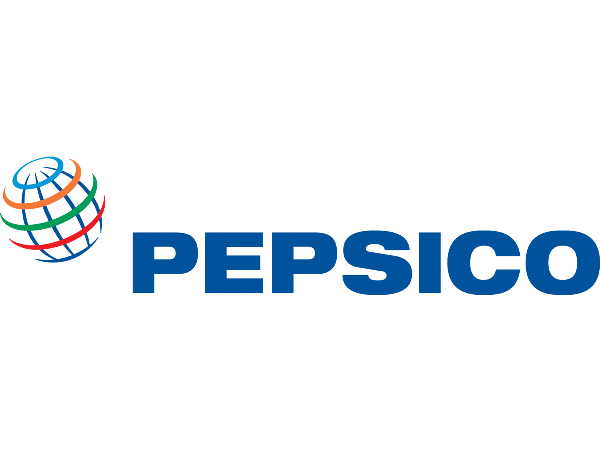


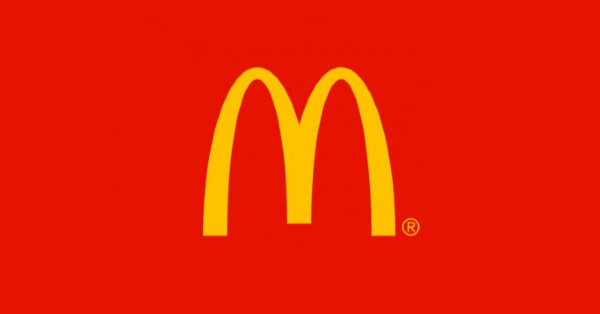



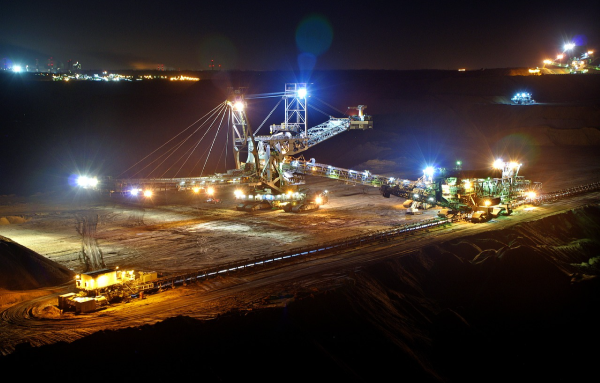

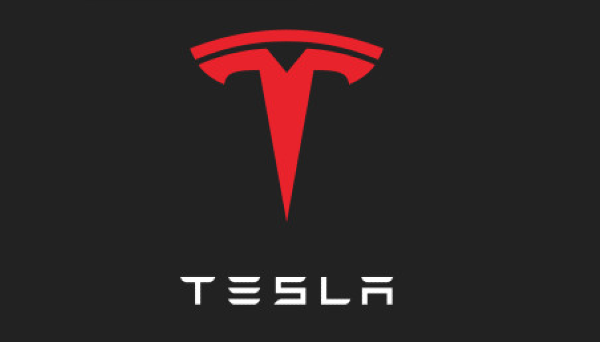

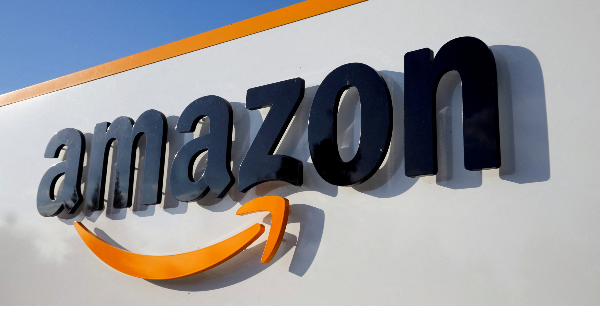
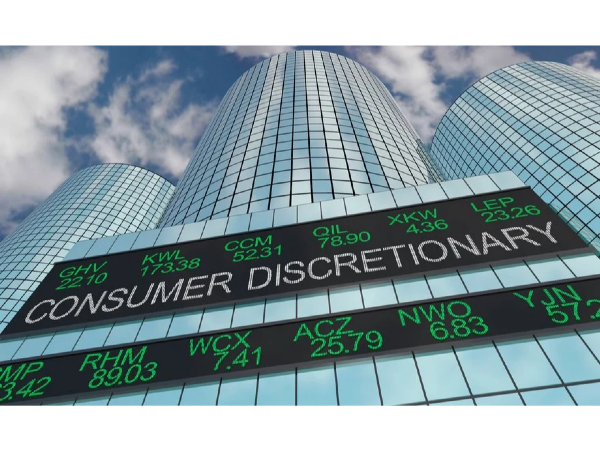




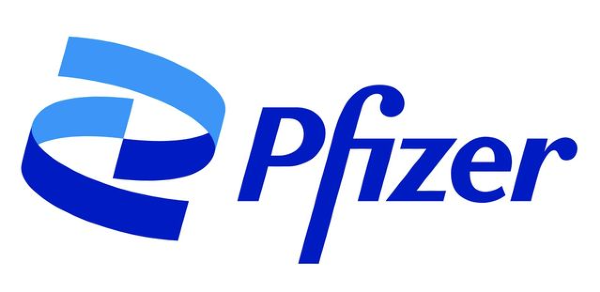
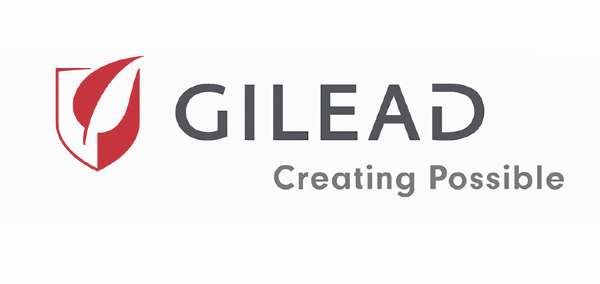
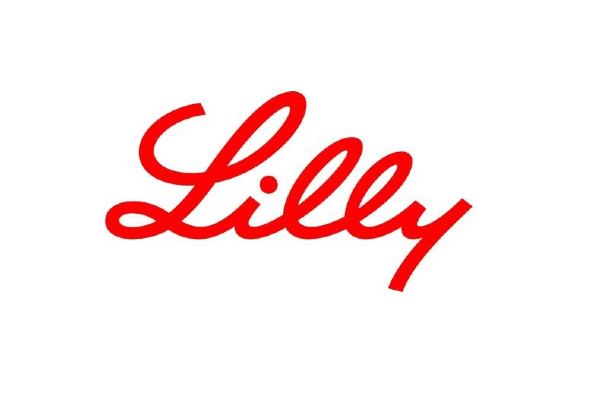
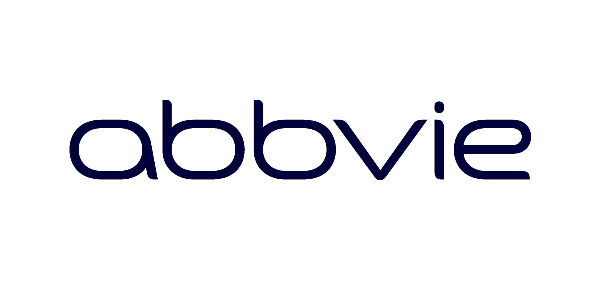
Should You Buy Coca-Cola or PepsiCo Stock?
Company Overviews
Coca-Cola and PepsiCo are the two largest beverage companies in America, and each have decades of impressive performance. Coca-Cola is an American beverage company that was founded in 1892, but traces its roots to Atlanta, Georgia in 1886. Dr. John Stith Pemberton, a pharmacist, formulated a new beverage that he sold at Jacobs’ Pharmacy for 5 cents per glass, immediately gaining popularity, and paving the way for the company as we know it today.
PepsiCo (the modern name for the company formed from the merger of the Pepsi Cola Company and FritoLay Inc. in 1965) can trace its history all the way back to 1893. Caleb Bradham, a North Carolina pharmacist, began experimenting with soft drink formulations he sold in his drugstore soda fountain. In 1898, his formulation for “Brad’s Drink” picked up popularity, and was renamed to Pepsi Cola.
They are similar in many ways, but there are certainly key differences between them which begs the question. Which company is a better buy, Coca-Cola or PepsiCo?
Financial Performance
Both Coca-Cola and PepsiCo have strong histories of impressive financial performances, and in recent years it has been little different. In Q1, Coca-Cola reported revenue of $11.3 billion, an increase of 3% compared to last year. This falls in line with Coca-Cola increasing their revenue every year since 2020, with several years of more than 10% revenue growth. This is positive, as Coca-Cola aims to surpass their previous record for revenue.
PepsiCo, with a similar record of impressive performance, increased Q1 revenue by 2.3%, to reach quarterly revenue of $18.25 billion. This, along with increasing revenue every year since 2016 shows the recent success as well as the track record for continuing to increase their revenue year after year.
Stock Performance Comparisons
Over the past 6 months, Coca-Cola has shown positive growth, increasing to $65.21. This is the highest over the past 6 months, and is actually the highest since 2022. A formula I often use for determining if a stock is overvalued is GuruFocus’ intrinsic value formula. This determines if a company is over or undervalued based on their free cash flow. GuruFocus places an intrinsic value of $27.70 which does indicate there is the possibility of the stock being overvalued. But, the current price is actually in line with Coca-Cola’s price-to-projected-FCF range over the past several years, so it is currently not a significantly better or worse buy than it has been in recent times,
PepsiCo is a very similar story. With a current trading price of $169.36, it does far outstrip the intrinsic value of $62.64. This is not a concern, as it is also very similar in terms of the price-to-projected-FCF as it has been, very similar to that of Coca-Cola. The biggest concern for PepsiCo is their recent stock performance.
Over the past year, PepsiCo has struggled to gain any significant momentum, and is in fact worse off than it was when the year started. Just one year ago, PepsiCo was trading at nearly $190 per share, and reached all-time highs in May of last year. Why with such strong revenue trends is PepsiCo struggling to improve their performance? Part of these struggles can be attributed to the dividend of PepsiCo, but other economic factors as well as the company trading at nearly their highest valuation in their history are also hindering their performance.
Speaking of dividends, this is really where the two companies begin to separate themselves from one another. Coca-Cola has a strong history of increasing their dividend, with increases every year since 2012. The current dividend yield of 2.82% equals out to $1.94 per year.
PepsiCo, however, is famous for their dividend increases, having increased their dividend every year for the past 53 years. This makes PepsiCo’s dividend among the safest of any company, regardless of industry, as there are very very few companies who can match that consistency. The current dividend yield of 3.14% and annual dividends of $5.42 position PepsiCo as a very very strong dividend stock.
Conclusions
While both companies have struggled with their stock performance in recent months, both are historically very reliable long-term stocks, and both have consistently increased their dividends. While Coca-Cola currently trades at a lower price, their price-to-sales is higher than that of PepsiCo, which indicates that there may be more room for growth from PepsiCo than from Coca-Cola. This when paired with their absolutely stellar dividend history are why I would say that right now PepsiCo is the better buy. Coca-Cola is also an excellent long-term stock, but I do believe there is greater value from PepsiCo.